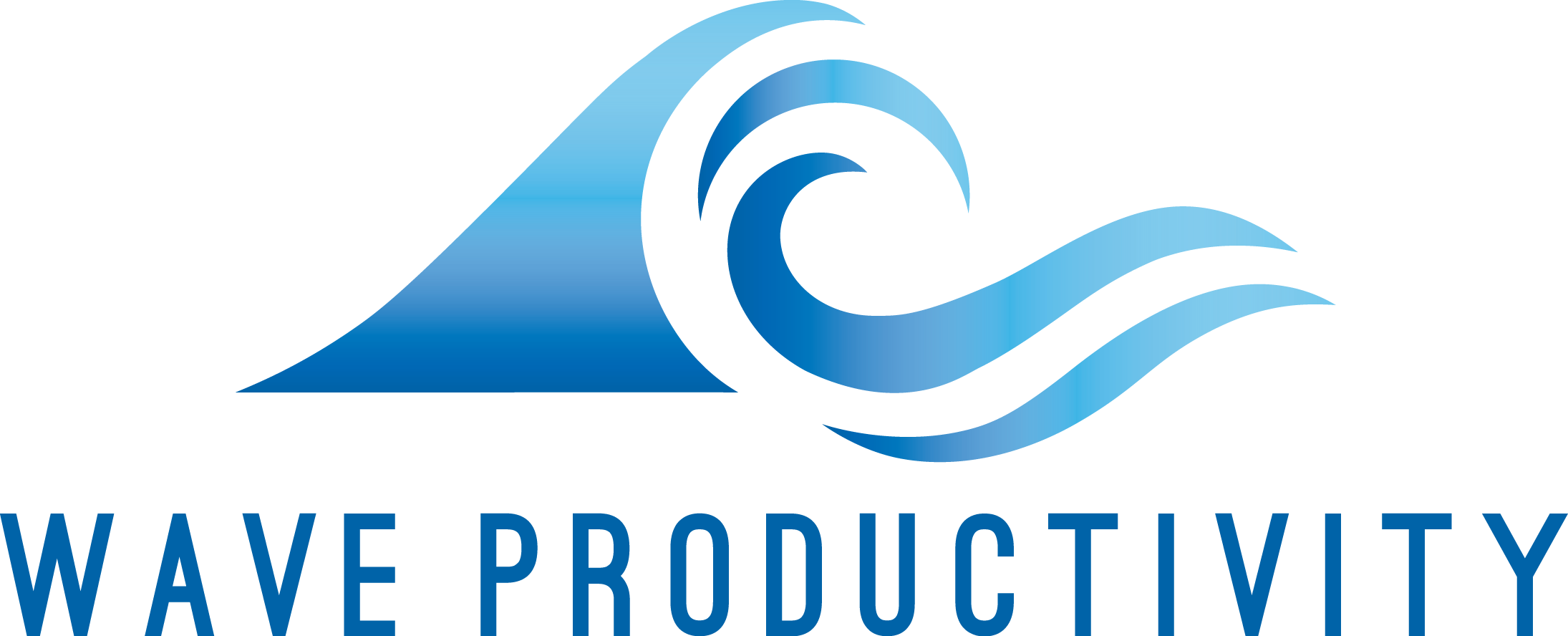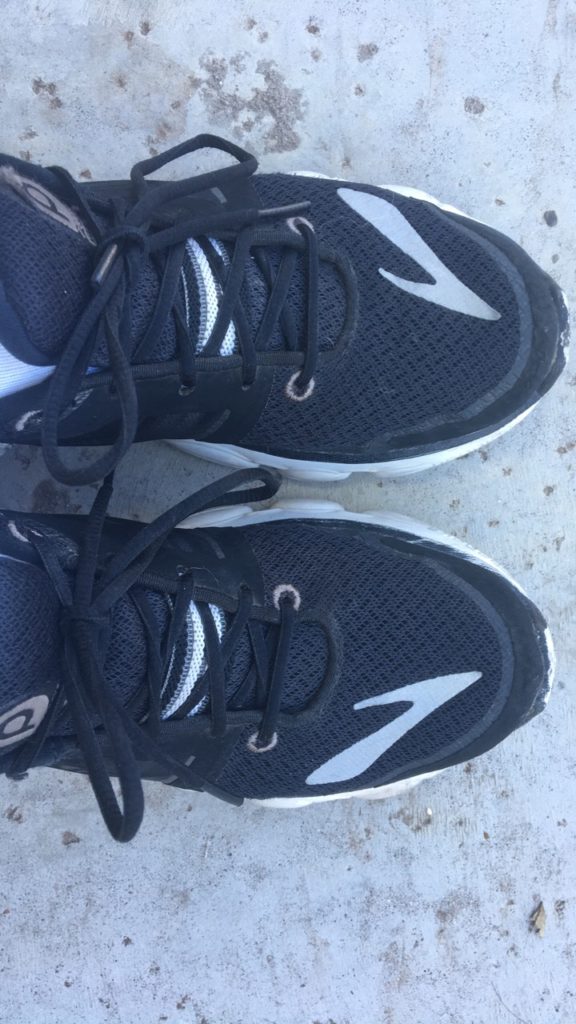Keep your inbox from running away and stealing your time, focus and energy.
This article was featured the Journal of Accountancy. Anslee Wolfe did a great job asking all the right questions on email management. Here’s some professional advice from people in the industry on how you can conquer your email inbox.
Before you hit reply, read this: A recent survey found that knowledge workers spend an average of 17 hours each week sending and answering business emails. And all that email is taking a toll.
“Email is a huge form of workplace stress and anxiety,” said Linda Duxbury, Ph.D., a management professor at Carleton University in Ottawa and co-author of the survey. “[Employees] just can’t get everything done, so they do email clean-up in the evenings and on the weekends.”
The survey found that, on average, people spend 11.7 hours at work each week sending or answering email and another 5.3 hours on it when they work from home. They send or receive an average of 86 emails a day from the office and another 25 from home.
With such a high volume of email to process, getting a handle on it is imperative, especially for accountants, who need to focus on specific tasks without being distracted by a deluge of messages. Here are some tips to keep your inbox under control:
-
- Turn off alerts. “Do you manage your email or does it manage you? Many people hear or see a new email in their inbox and immediately go in to attack it,” said Margo Crawford, a productivity coach and founder of Wave Productivity. “Each email becomes urgent and is a constant distraction from the high-level work that needs to take place.”
She suggests silencing alerts, turning off pop-up notifications, and closing out of email tabs to make it less tempting to check.
-
- Designate time for email. Aaron Saito, CPA, CGMA, an ICAP equity and M&A controller with Intel in Portland, Oregon, spends much of his day in meetings, so he dedicates certain parts of the day to email. This tactic keeps him from multitasking, said Saito, an AICPA Leadership Academy graduate, or from dashing off answers to emails without giving sufficient attention to clarity.
Attending to email at random times throughout the day is far more distracting than we realize, Duxbury said. “What we do know is any time you check your email, you’re interrupting your cognitive process on the thing that you were working on,” she said.
After the interruption, you then need to take time to refocus on what you were doing. Setting aside time just for email can help you avoid these breaks in productivity, she said.
-
- Take a breather. Emails imply a quick response is warranted, but most of them don’t need immediate attention. “The problem with email is it creates an artificial sense of urgency,” Duxbury said. “That’s the culture we’re in, and that’s why it’s toxic.”
If an email isn’t urgent, let a day or two pass before hitting reply, she suggested. That will likely lead to fewer emails overall. “We found that people who responded to emails right away got four times more email than people who didn’t,” she said.
-
- Use folders to help you prioritize. Crawford said one way to declutter your inbox is by moving emails that need a response within 48 hours to a designated folder or marking them with a label, depending on which program you use, and working on those before the less important ones.
To set up folders in Outlook, go to the “Folder” tab and click “New Folder.” Then, you can right-click on an email on the list of emails in your inbox, click “Move,” and click the name of the folder you want to put it in. In Gmail, click on the “Labels” icon that appears above your inbox and then “Create new” to make new labels.
You can also use rules to automatically send emails to designated folders or labels, based on such criteria as the sender or certain words in the subject. Here’s how to do that in Outlook and in Gmail.
-
- Be clear. Emails that are rambling or unclear may confuse recipients, prompting them to send follow-up emails that take up more of your time, Saito said. In turn, emails that are too short may not get the message across.
“People need to really spend time crafting a good message and responding with a good message,” Saito said. “Be clear about what you want.”
He also suggests letting someone know whether your email needs immediate attention. “A guy emailed me last night but told me at the end that it wasn’t urgent. I think that’s key,” he said. “If it’s not urgent, say so.”
-
- Know when to stop replying. “You don’t have to reply to every single email,” Duxbury said. “Don’t keep the email chain going.”
Again, let urgency and importance determine whether you send someone a courtesy reply to let them know you got something. Saito said he appreciates a quick reply saying that his email was received if it’s about something urgent, but he suggests knowing your audience to help gauge whether replies are needed for non-urgent ones.
Duxbury says people typically don’t need to send simple acknowledgements such as “thanks.”
“That just clutters the email,” she said. “We’re such polite people that what we would do in a personal conversation is what we do in email, and we don’t need to do that.”
Whatever method you choose to manage your inbox, Duxbury said, one thing is vital: “You can establish rules, but then you have to actually live by them.”
Anslee Wolfe is a freelance writer based in Colorado. To comment on this article or to suggest an idea for another article, contact Courtney Vien, a JofA senior editor, at [email protected].
If you struggle to get through your email inbox and find it’s where you waste your time. Let’s talk about ways you can maximize your time and manage your email inbox effectively. Click here to set up a consultation.
Margo Crawford is a Productivity Expert with Wave Productivity. She works with entrepreneurs, small business owners and business professionals to help them get more focused, organized and productive in their workplace. In person she meets with clients in Phoenix, Providence and Boston and also coaches by phone nationally. If you would like to more productive with email management. Call 602-677-8275 or email [email protected] for an appointment.

